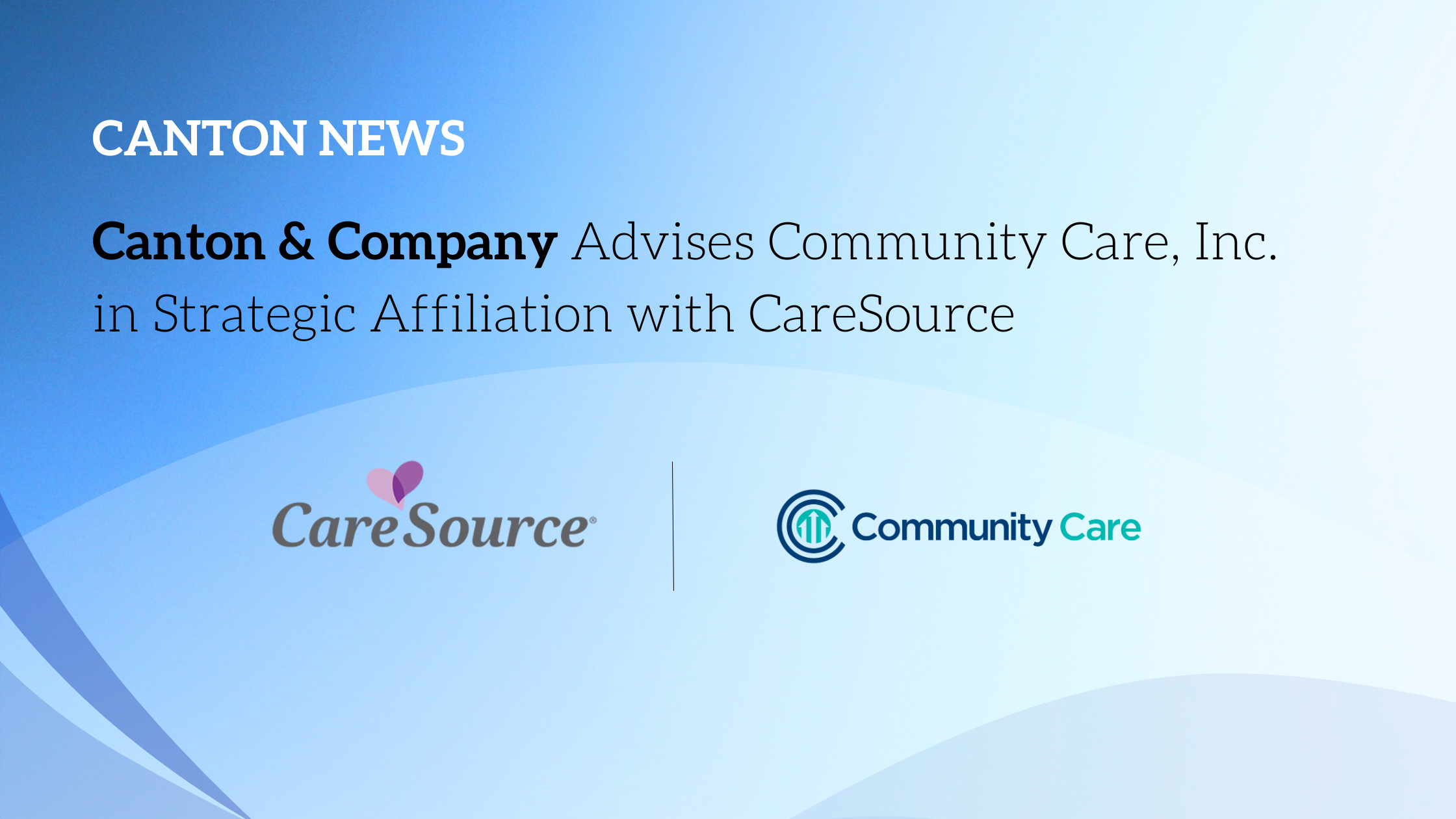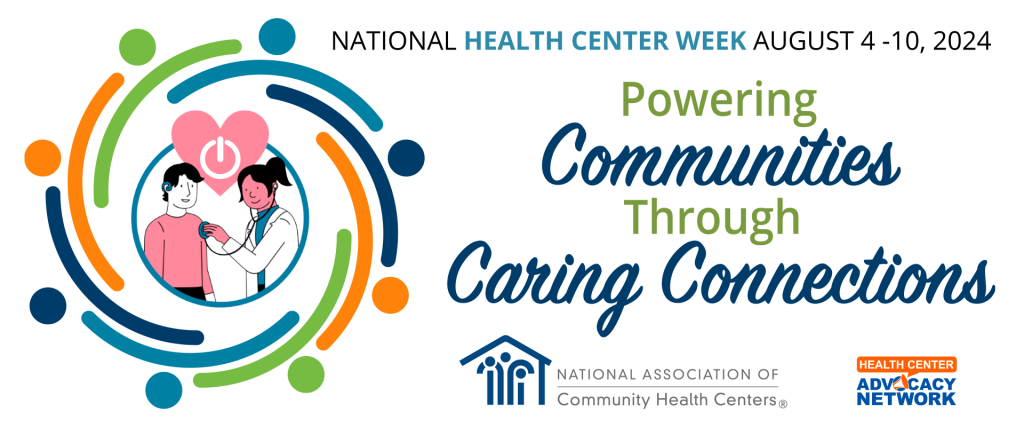The CMS Innovation Center has developed innovative models and revised existing ones to promote and incentivize equitable care. These models specifically target health disparities and prioritize improved health outcomes for underserved populations. Notably, the Medicare Advantage (MA) Value-Based Insurance Design Model provides supplemental benefits such as food, transportation, and housing assistance to beneficiaries with chronic illnesses and health-related social needs. Additionally, the ACO Realizing Equity, Access, and Community Health (ACO REACH) Model focuses on caring for underserved populations, including those dually eligible for Medicare and Medicaid.
Further, In January 2022, the Health Equity Advancement Resource and Transformation (HEART) payment was introduced within the Maryland Primary Care Program. This payment provides increased support to federally qualified health centers (FQHCs) that offer enhanced care management services to socioeconomically disadvantaged and medically complex patients with a high clinical risk. This model, alongside initiatives like the upcoming Enhancing Oncology Model (EOM), prioritize health equity by collecting sociodemographic data, screening beneficiaries for health-related social needs, and developing comprehensive health equity plans.
Increasing the participation of safety-net providers is crucial in expanding the diversity of beneficiaries served. The CMS Innovation Center has engaged with safety-net provider stakeholders, identifying strategies to address barriers to their participation in CMS models. By promoting multipayer alignment and sharing findings with relevant agencies, the CMS Innovation Center aims to include more providers serving Medicaid beneficiaries and FQHCs in their models (over 700 FQHCs are already participating in the ACO REACH Model).
Looking ahead to 2023, the CMS Innovation Center aims to refine and improve its efforts in the areas of developing models, increasing safety-net provider participation, collecting and analyzing equity data, and monitoring and evaluating models. They are focused on addressing the needs of other underserved populations, including people with disabilities, and exploring solutions for rural and geographically isolated communities. Social risk adjustment of payment, addressing the high cost of drugs, and identifying and remedying model designs that may lead to inequities are also priorities.
“With continued federal interest in pursuing patient-centered care, our nations CHCs remain poised to drive health and equity – especially to those who are situated in underserved communities,” says Ann Hutchison, Canton & Company Vice President, GM, Community Health. “CHCs play a pivotal role in expanding health equity by delivering personalized, affordable care to those in need. Their dedication to addressing the social determinants of health (SDOH) and their deep connection with the communities they serve make CHCs invaluable partners in advancing health equity and improving community health outcomes.”
Read the full announcement here: Advancing Health Equity Through The CMS Innovation Center: First Year Progress And What’s To Come


.png)



.png)